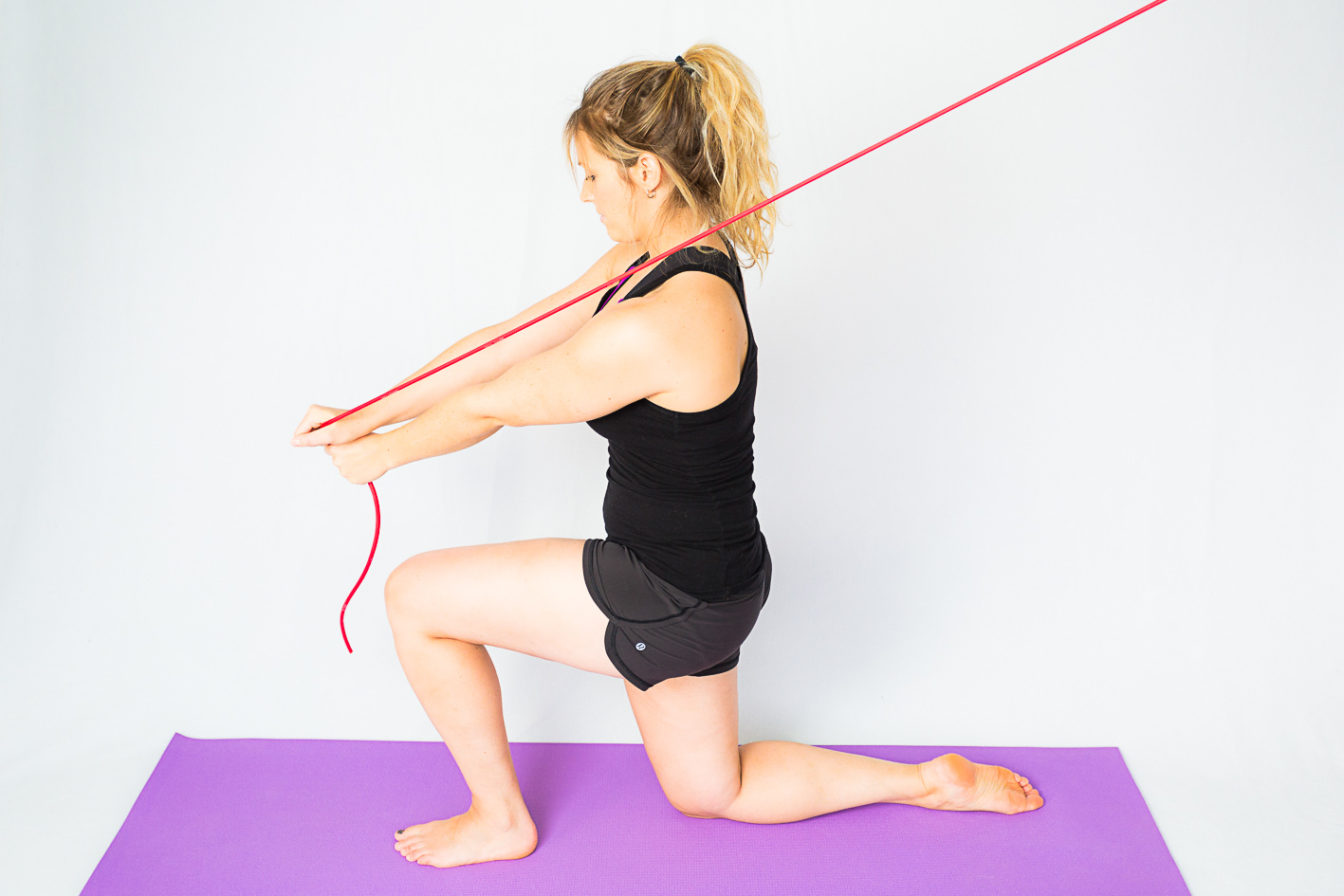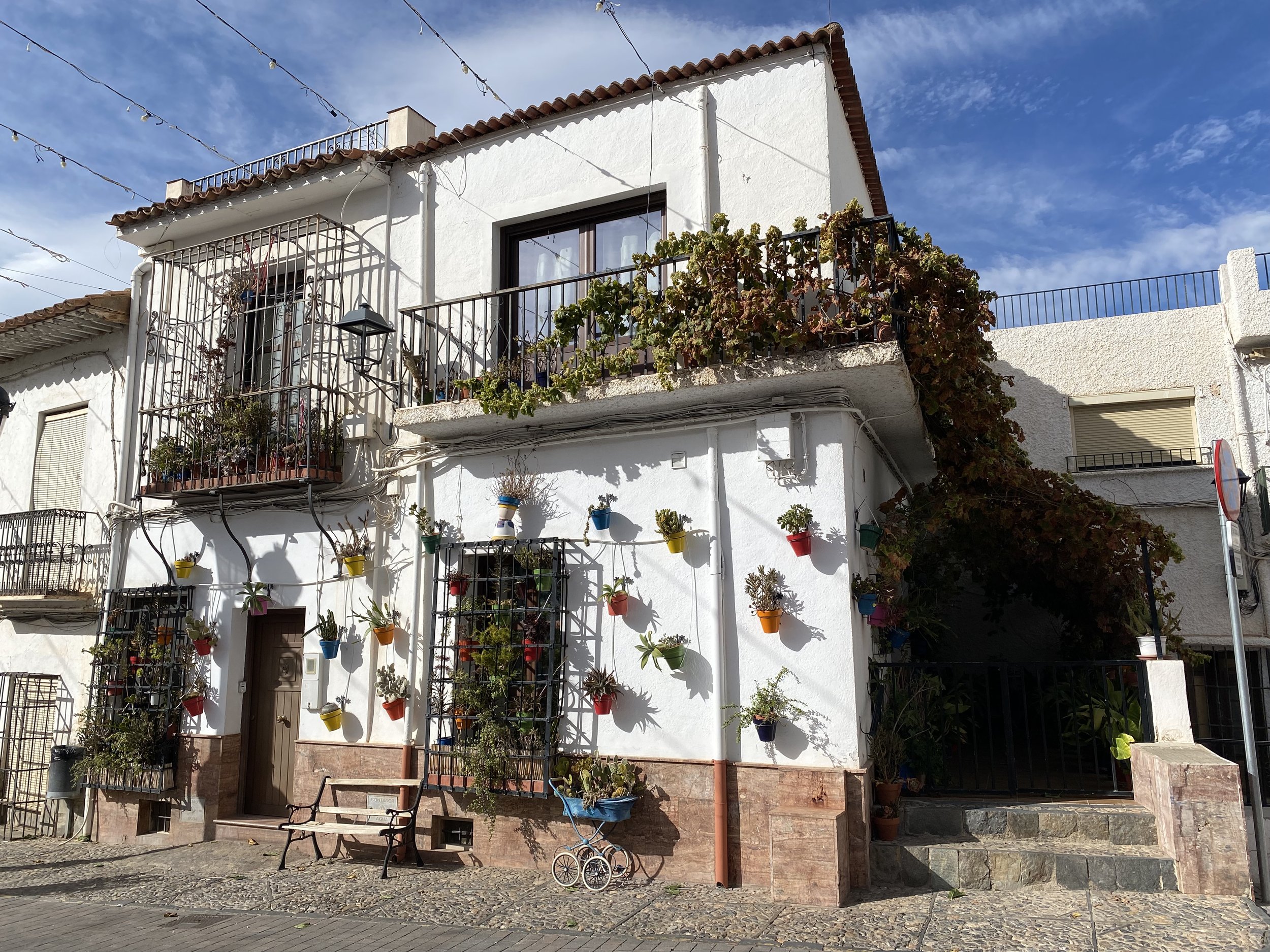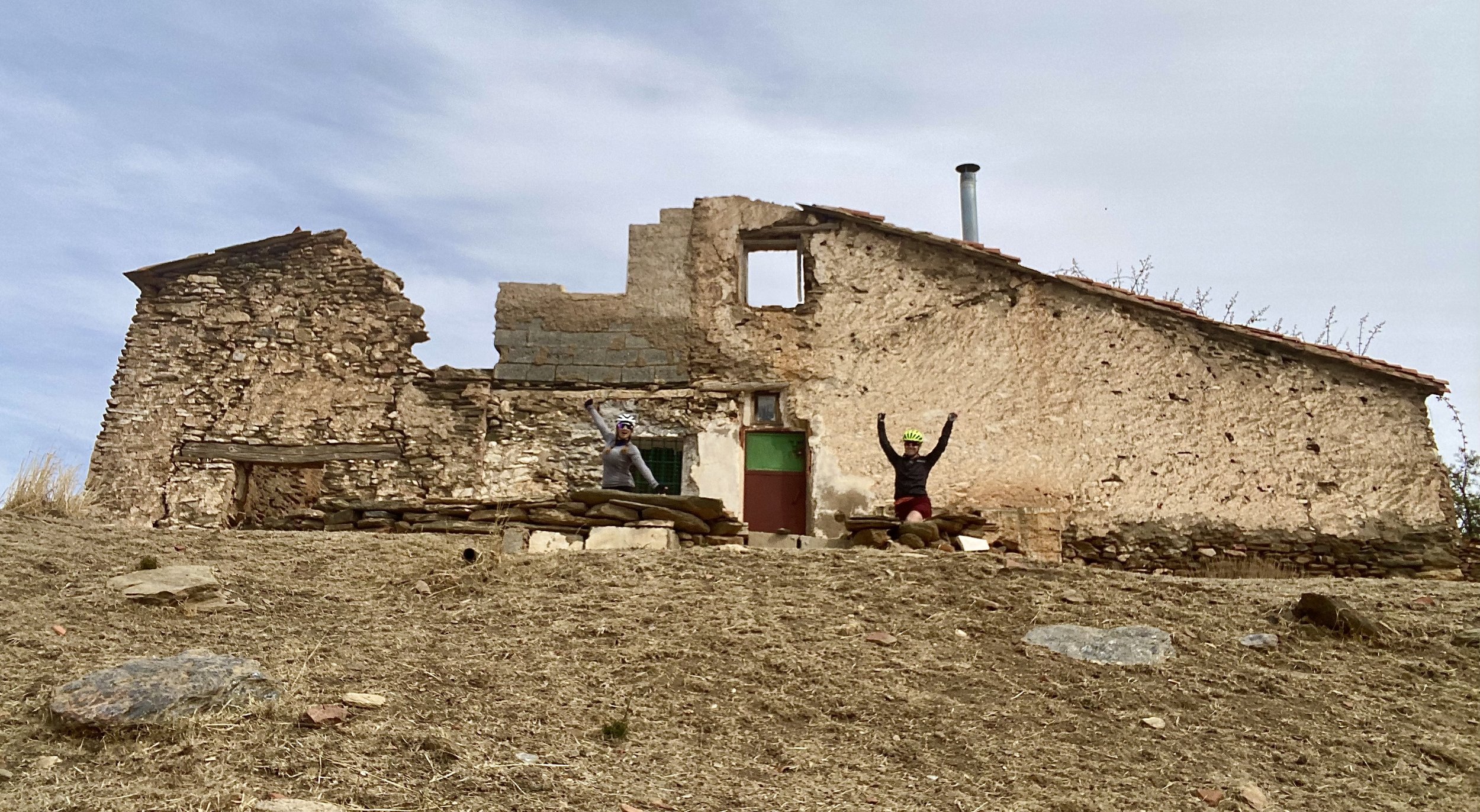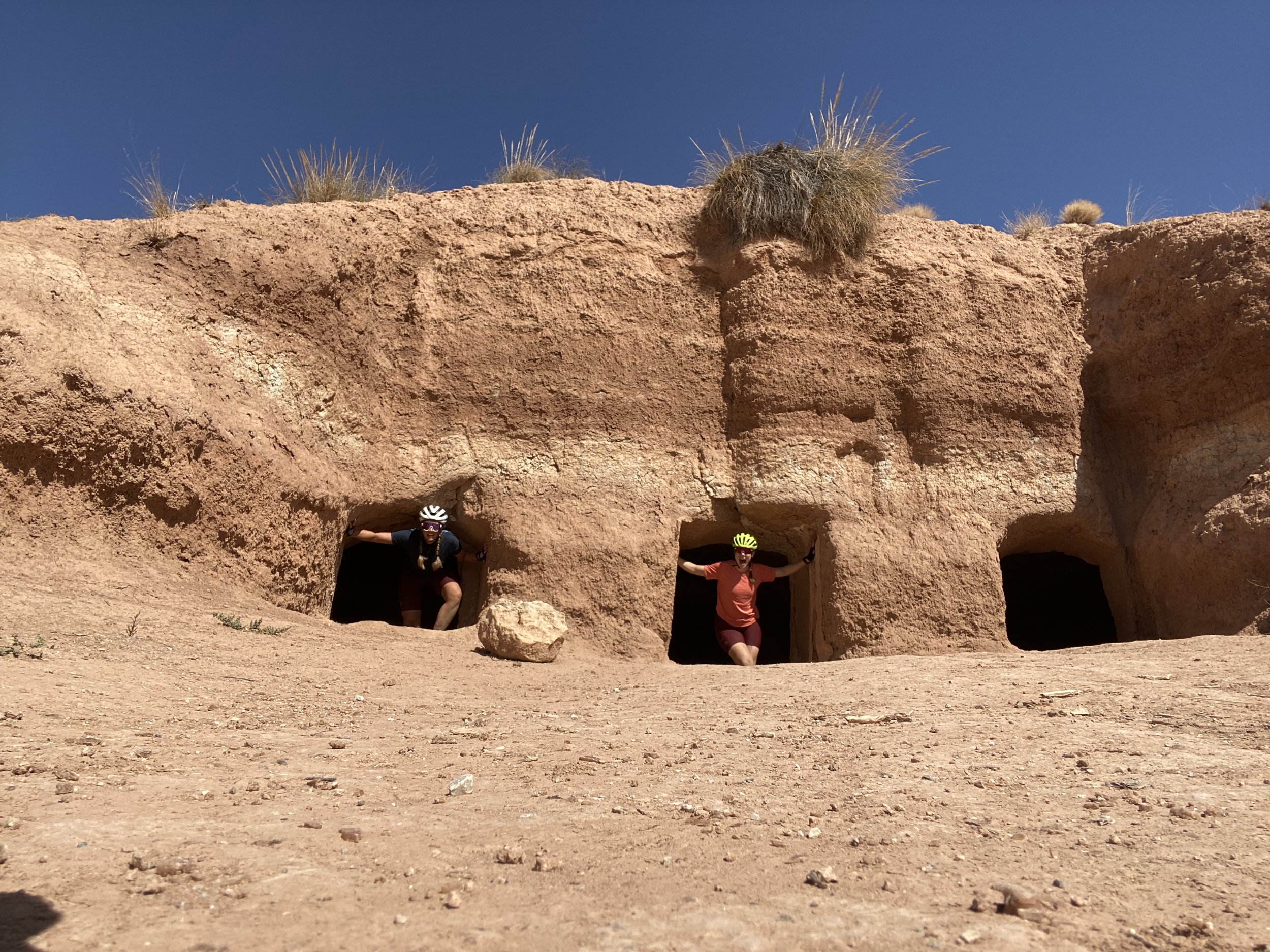Tips for Staying Consistent with Exercise while Traveling
As a physiotherapist, I spend a good part of each day discussing the importance of exercise. Physiotherapists use home exercise programs not only to decrease pain and help rehabilitate injuries, but to encourage people to take responsibility for their own health. The importance of exercise is generally not a hard sell, the hard part is committing to exercise. I get it though. Once you account for sleep, work, and the necessary survival tasks for yourself and your family, there is little time left for the finer things in life. These few fleeting moments of ‘me time’ can be even more precious while traveling, regardless if you are away for work or pleasure. As someone who loves spending time abroad and advocates for more of it, here are a few tips to help you stay consistent with your rehab or fitness program while traveling.
1. Make sure your exercises are ‘portable’. This will address the issue of accessibility while traveling. Trust me, I have seen more than my fair share of small accommodations both locally and internationally. Limited space or lack of equipment can be an easy excuse to not do exercise. It is best to plan for the worst and keep your requirements for space and tools small. This isn’t as difficult as you think. First, ask for a physiotherapy exercise program simple enough to do on the floor or bed of a small hotel room, using no more equipment then you can take with you in the little remaining space of your carry on luggage (resistance bands and mobility balls work well here). If you are creating your own travel workout program, keep these same stipulations in mind. Plan on going for a walk or run (requiring only a light pair of shoes) or doing a small room high intensity training (HIT) workout (try 100 push-ups, 200 sit-ups, 300 squats for time). Have at least a few workouts ready requiring no equipment and space no larger than the width and length of your body.
2. Plan to do your exercises at your preferred time of day. Everyone has a time of day where they feel their most energetic. This could be the morning, afternoon, or evening, and you likely already know where you naturally fit. Personally, I am a morning person. I prefer to get up and do my workouts first thing. I know myself well enough that if don’t get my exercise done in the morning, it isn’t happening at all. This is a daily occurrence for me, and traveling is no different. So I plan to wake up 30 -60 minutes early to get my mobility or fitness done before the chaos starts. For others, this may mean staying up 30 minutes later or scheduling a break in the day to do some exercise. Either way, knowing your natural tendencies will increase your chances of being successful. Plan to exercise, schedule it in, then execute your plan.
3. Recruit a friend. When it comes to motivation, there is definitely power in numbers. You actually might be surprised how easy it is to recruit workout partners. As I previously mentioned, people understand the benefits of exercise, that’s not a hard sell. However, the motivation to get it done when you are out of your normal routine is challenging for everyone. If your travel companions know you are putting time aside to exercise, they might be interested in joining you. Accountability can then be built in – try if one person backs out, then lunch is on them, or if someone is more than 15 minutes late, they owe you a coffee. So don’t be shy to lean on each other and just get it done.
4. Be mindful of the give and take of traveling. Travel often involves unfamiliar foods that are higher in calories, larger portions, and social drinking to boot. And why not!? You should treat yourself and enjoy some local cuisines and different culinary experiences while on the road. However, the guilt associated with over-consumption can take its toll on you both mentally and physically. It’s helpful to adopt a +1/-1 philosophy in these instances, and try to even out over-consumption by doing something healthy for your body. This can be as simple as spending some time stretching, going for a walk after dinner, or getting your physio exercises in for the day. It will do you some good both mentally and physically knowing you aren’t completely neglecting your health.
(check out the fresh rats!)
So if you are out enjoying the world, or living out of a suitcase for work, don’t let the break in your regular routine impact your progress. Present your best self to the world by staying consistent with your physical health.














Destination: Benalua Distance: 97km, elevation gain: 2080meters, surface: 62% unpaved
We woke having to already adjust our intentions for the day. Our first day in the saddle was big, and we were unsure how long it would take to reach our next hotel. Plus we ran out of time the previous night to test ride the bikes and gear for any unseen airline damage. What we intended was an early start, giving us the most possible daylight hours for riding. But what we did was fall asleep having wrongly assumed the combination of jet lag and nervous anticipation would guarantee a restless night and inevitable early morning, so we chose not to set an alarm. That was unfortunate.